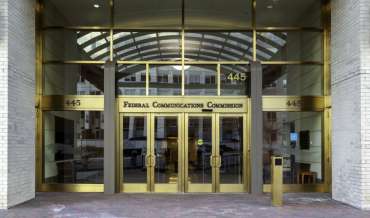The Federal Communications Commission (FCC) has made enforcement of robocall violations, particularly those involving spoofed numbers, a top priority, particularly since the passage of the TRACED Act at the end of last year. The latest element of this ongoing project is the largest proposed fine in the FCC’s history, $225 million, against a Texas-based health insurance telemarketing company for alleged robocall spoofing violations.
In the press release announcing the fine, the FCC accuses John C. Spiller and Jakob A. Mears of using such businesses as Rising Eagle and JSquared Telecom to make “approximately 1 billion spoofed robocalls across the country during the first four-and-a-half months of 2019 on behalf of clients that sell short-term, limited-duration health insurance plans.” The press release notes that “Mr. Spiller admitted to the USTelecom Industry Traceback Group that he knowingly called consumers on the Do Not Call list as he believed that it was more profitable to target these consumers. He also admitted that he made millions of calls per day, and that he was using spoofed numbers.”
The FCC summarizes the scam calls thusly:
“The robocalls falsely claimed to offer health insurance plans from well-known health insurance companies such as Aetna, Blue Cross Blue Shield, Cigna, and UnitedHealth Group. For example, one call stated: ‘Are you looking for affordable health insurance with benefits from a company you know? Policies have all been reduced nationwide such as Cigna, Blue Cross, Aetna, and United just a quick phone call away. Press 3 to get connected to a licensed agent or press 7 to be added to the Do Not Call list.’ If they did press 3, consumers were transferred to a call center with no affiliation to the named companies, where call center representatives then would attempt to convince the consumer to purchase an insurance product sold by one of Rising Eagle’s clients.”
The regulatory action, formally called a Notice of Apparent Liability for Forfeiture (NAL), gives the accused 30 days to respond. On the same day that the FCC announced the NAL, the attorneys general of seven states—Arkansas, Indiana, Michigan, Missouri, North Carolina, Ohio and Texas—announced Telephone Consumer Protection Act (TCPA) lawsuits against the same individuals for the same sorts of violations.





